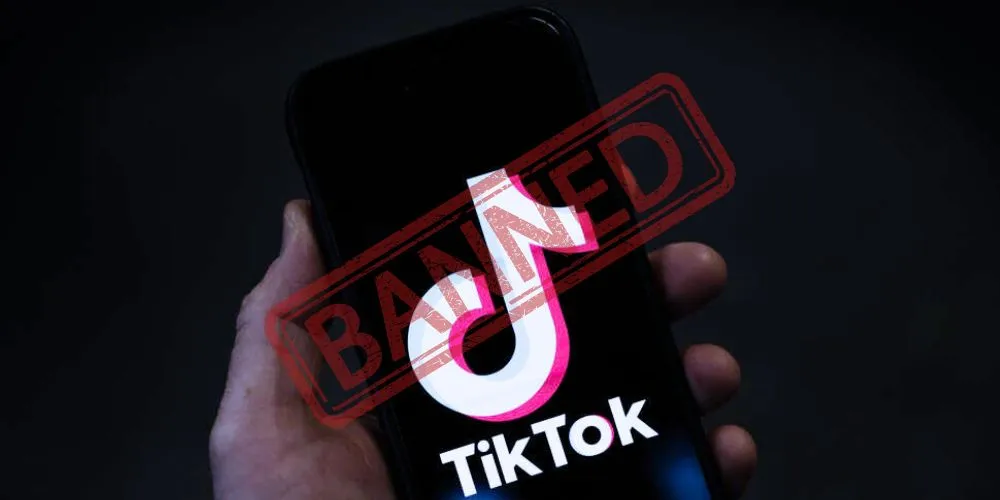Key Points
- U.S. law demands TikTok’s Chinese parent ByteDance divest or face a U.S. ban over data security concerns.
- TikTok argues the law infringes on First Amendment rights, joined by creators who rely on the platform.
- U.S. Department of Justice argues TikTok poses a national security risk, citing potential data misuse and propaganda concerns.
- Experts expect the case to take months, potentially escalating to the Supreme Court.
TikTok will begin presenting its case on Monday against a U.S. law that could ban the platform unless its Chinese parent company, ByteDance, sells it within nine months. The law, signed by President Biden in April, stems from concerns that TikTok could share American users’ data with the Chinese government. TikTok and ByteDance deny these allegations, calling the law an “extraordinary intrusion on free speech rights.”
TikTok, which claims over 170 million American users, will argue its case before a three-judge panel in Washington, D.C. Joining the company are eight TikTok creators, including a Texas rancher and a Tennessee baker, who rely on the platform to market their businesses.
The U.S. Department of Justice (DoJ) will present its counterarguments, citing concerns over potential data misuse and the platform being used for spreading Chinese propaganda. The DoJ insists the law is necessary to protect national security.
Free speech advocates argue that the law sets a dangerous precedent, undermining First Amendment rights. Xiangnong Wang, an attorney at Columbia University’s Knight First Amendment Institute, noted that the broad restrictions on TikTok without clear evidence of a specific security threat could encourage repressive governments globally to restrict their citizens’ access to information.
However, James Lewis of the Center for Strategic and International Studies believes the case against TikTok is strong. He argues that the law, designed to address national security concerns, was crafted to withstand legal challenges and does not directly regulate free speech.
Courts typically defer to the president on such matters, and Lewis suggests this could strengthen the government’s case. Legal experts believe the case will take months, possibly years, to reach a final resolution, and it could ultimately end up before the U.S. Supreme Court.





